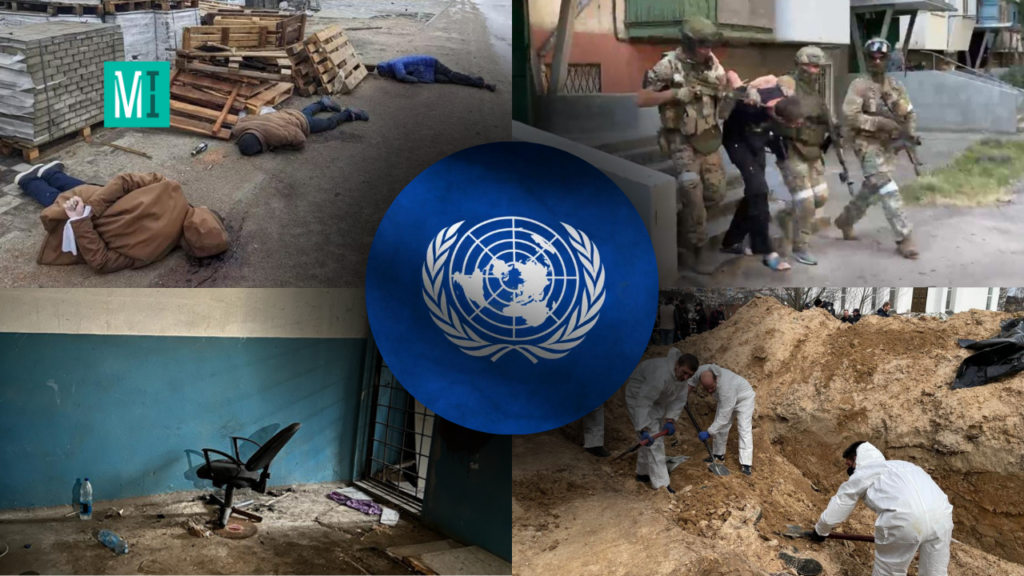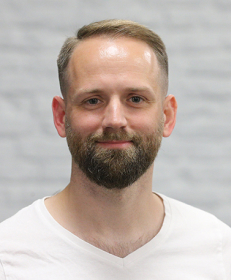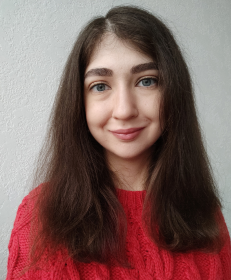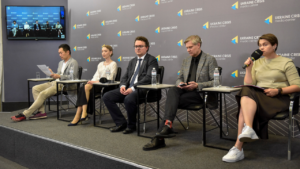The UN sheds light on a hierarchy within the system of Russian agencies involved in the torture of Ukrainians: why this is important

The UN Independent International Commission of Inquiry on Ukraine has unveiled a new report revealing significant insights into Russia’s offenses in Ukraine. The findings partly draw on information supplied by MIHR, OMCT, and ZMINA.
The report highlights newly documented instances of the torture of civilians and prisoners of war. Uniquely, the report delineates the hierarchical structure and the sense of impunity within the agencies involved in these atrocities. Key revelations from the report include:
- The Commission has uncovered consistent torture techniques across different detention facilities, underscoring a systematic approach by Russian authorities to the use of torture.
- Available evidence points to practices that require organization and allocation of duties among multiple institutions.
- The data analyzed showcases the structured hierarchy within the services perpetrating torture, their understanding of subordination, and a widespread sense of impunity.
- These findings are integral to the Commission’s broader ongoing investigations, aiming to ascertain if these acts of torture were conducted as part of a specific policy, potentially classifying them as crimes against humanity.
MIHR, in collaboration with the World Organization Against Torture (OMCT) and the ZMINA Human Rights Center, has highlighted potential international crimes in two submissions to the UN Independent International Commission. One of these submissions focuses on torture and the other one on the persecution of civilians, including filtration, enforced disappearances, arbitrary detention, and torture. Further submissions to the UN Special Rapporteur on Torture were made concerning the torture of civilians and prisoners of war in the Olenivka colony.
Maria Kvitsinska, an OMCT expert, notes that the UN Commission’s detailed documentation of the hierarchy and subordination within Russian services implicated in torture underscores the deliberate and systematic nature of Russia’s policy. This documentation is pivotal for future efforts to prove these actions as crimes against humanity.
Olha Reshetylova, Head of the Media Initiative for Human Rights, shares the same opinion. According to her, MIHR initially conducted separate investigations into enforced disappearances, filtration camp activities, and detention and torture sites. These investigations have concluded that these disparate crimes are interconnected components of Russia’s unified state policy aimed at persecuting Ukraine’s residents in occupied territories who resist Russian forces.
“These acts exhibit signs of a crime against humanity, since the systemic nature of such acts is obvious,” Reshetylova believes, adding: “It would be impossible to orchestrate such widespread acts of seizure, detention, and torture of thousands of people in prisons without the complicity of Russia’s top military and political leaders.”
Experts from the UN International Commission stress that the evidence presented in the new report forms “part of ongoing inquiries of the Commission to determine whether these torturous acts were executed as part of a deliberate policy by the Russian Federation.” During the presentation of the report, Eric Möse, the Commission’s Chairman, pointed out that fact finders are collecting data to ascertain the systematic nature of these policies, especially concerning torture, which could lead to these international offenses being classified as crimes against humanity. It is critical to recognize that liability for such crimes extends beyond the direct perpetrators to include the orchestrators, even at the highest levels of military-political leadership, implicating Russia at an international level.
MIHR advocates for an extension of the Commission’s mandate, underscoring the importance of its investigative work and assessments in proving the international crimes perpetrated by Russia amid its military aggression against Ukraine.








